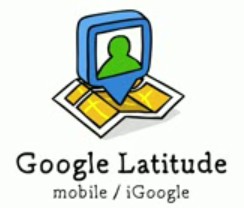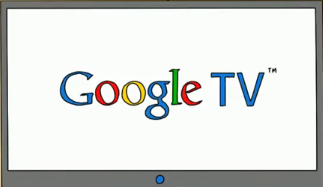 At Google’s developer conference I/O, the search giant finally unveiled its much anticipated Google TV, an Internet-connected set-top box or TV set powered by Android and the Chrome browser, with an app marketplace open to third-party developers.
At Google’s developer conference I/O, the search giant finally unveiled its much anticipated Google TV, an Internet-connected set-top box or TV set powered by Android and the Chrome browser, with an app marketplace open to third-party developers.
It’s designed to bring Internet content to the living room (“TV meets web. Web meets TV” is the slogan) that can be, optionally, overlayed over existing broadcast content channels.
“We’re working together with Sony and Logitech to put Google TV inside of televisions, Blu-ray players and companion boxes. These devices will go on sale this fall”, says Google.
I haven’t really had time to fully digest the details, but we’ve been tracking Google’s TV ambitions for a very, very long time (hint: it’s all about search and advertising). But for now, I’ll leave you with the intro video from the search giant itself, which is appropriately hosted on YouTube.
Continue reading »
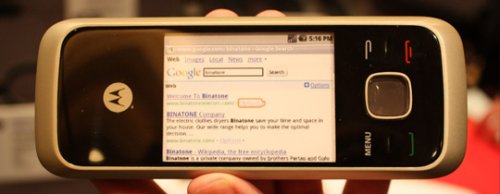
 Adobe has long talked up its ambition to have Flash running on all manner of screens, not just the humble PC, and today the company got a lot closer to walking the walk not just talking.
Adobe has long talked up its ambition to have Flash running on all manner of screens, not just the humble PC, and today the company got a lot closer to walking the walk not just talking.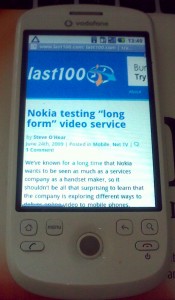 Let me preface this by saying that there is a lot to like about Android and that the smartphones being powered by the Google-led OS are going to get better and better. I’m especially excited by the UI customization that HTC and
Let me preface this by saying that there is a lot to like about Android and that the smartphones being powered by the Google-led OS are going to get better and better. I’m especially excited by the UI customization that HTC and  During the opening keynote at Nokia World, which kicked off today, CEO Olli-Pekka Kallasvuo was at pains to point out that the handset maker didn’t view Internet “services” as an interesting side business but that it was still the future of the company.
During the opening keynote at Nokia World, which kicked off today, CEO Olli-Pekka Kallasvuo was at pains to point out that the handset maker didn’t view Internet “services” as an interesting side business but that it was still the future of the company. The big news this week, of course, is that Google is developing its own Operating System dubbed Chrome OS. Cue the headlines about the search giant, once again, taking aim at Microsoft. And of course, on one level that’s absolutely correct. Just like any other newly launched OS needs to take market share away from Redmond in order to succeed. But it won’t be easy.
The big news this week, of course, is that Google is developing its own Operating System dubbed Chrome OS. Cue the headlines about the search giant, once again, taking aim at Microsoft. And of course, on one level that’s absolutely correct. Just like any other newly launched OS needs to take market share away from Redmond in order to succeed. But it won’t be easy.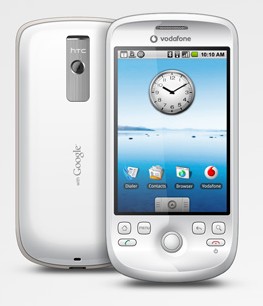 It goes by many names. The HTC Magic on Vodafone here in the UK, Google Ion, when handed out as a freebie at the search giant’s developer conference, and the myTouch 3G on T-Mobile in the states. But, whichever way you slice it, the second Android-powered Google phone, manufactured by HTC, is an improvement over the original T-Mobile G1 in almost every way.
It goes by many names. The HTC Magic on Vodafone here in the UK, Google Ion, when handed out as a freebie at the search giant’s developer conference, and the myTouch 3G on T-Mobile in the states. But, whichever way you slice it, the second Android-powered Google phone, manufactured by HTC, is an improvement over the original T-Mobile G1 in almost every way.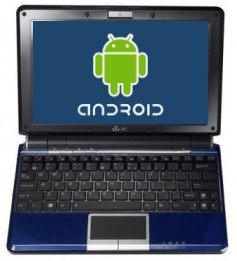 According to a flurry of reports, a number of
According to a flurry of reports, a number of 